Building the Foundations for Food Sovereignty at Lick Run
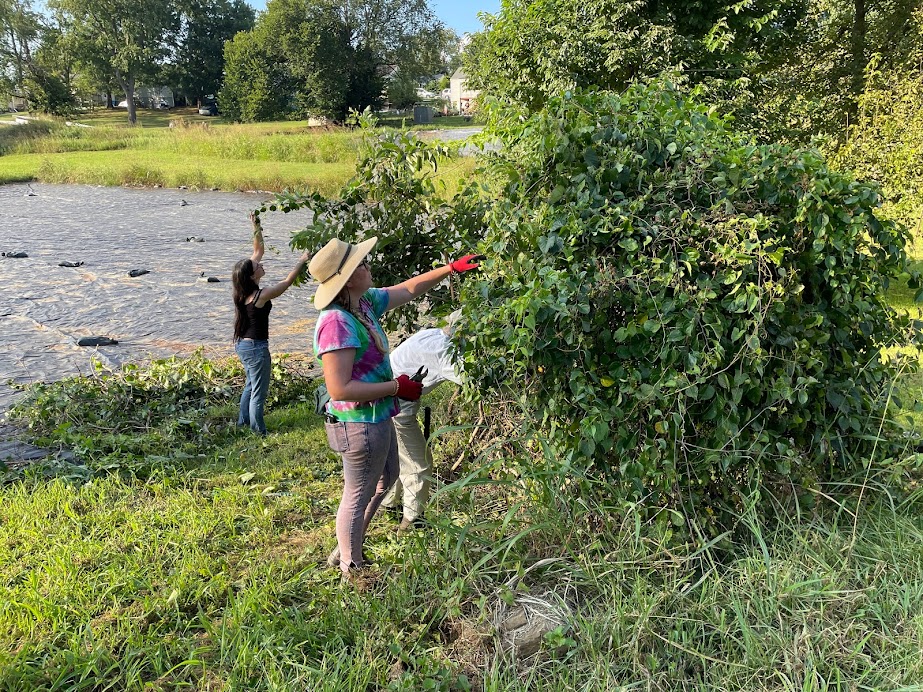
Community engagement and youth education play key roles in Terry’s vision for Lick Run Farm—even when it comes to creating a viable farm infrastructure. Building a greenhouse, Terry pointed out, can be an opportunity for teens to acquire important career skills.
“Something I learned firsthand when I first started farming was that farming is so much more than raising plants,” said Terry. “You at least have to be competent with plumbing, carpentry, maybe even a bit of electrical work.”
What can we learn from Deshee Farm? A Visual History
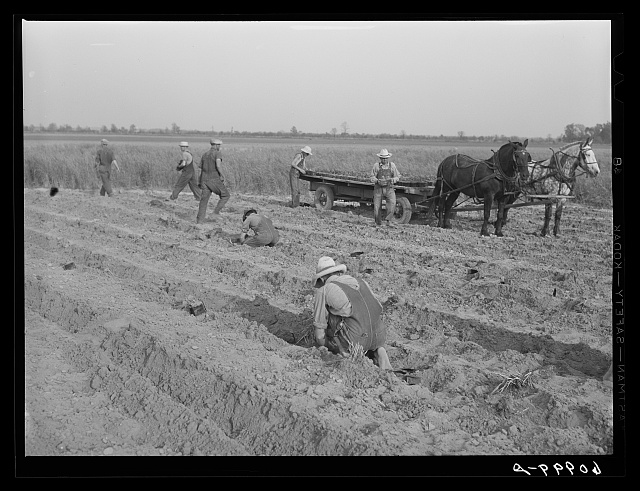
While farms like Deshee failed to take hold in the United States and had significant limitations, its story serves as a reminder that the privatized corporate farming that dominates U.S. agriculture was anything but inevitable. Grassroots organizing by tenant farmers played a key role in securing innovative, state-funded programming whose scale and vision matched the needs of the moment. Had there been more resources to fund similar efforts and more time and autonomy for the members of RA farms to develop the necessary institutions and cultural practices to effectively govern their shared resources, we might have been living in a different, more cooperatively focused world.
Restoring Native Pollinator Habitats with the Agrarian Commons

In the past twenty years, habitat loss, pests, pathogens, a lack of genetic diversity among pollinator species, and the reckless use of pesticides has caused a drastic drop in the United State’s pollinator population. Between April 2020 and April 2021 alone, beekeepers report losing 45.1 percent of managed honey bee colonies. This loss of pollinators impedes the function of successful ecosystems and poses a direct threat to farmers’ ability to successfully grow food. According to the United States Department of Agriculture (USDA), about “one mouthful in three in our diet directly or indirectly benefits from honey bee pollination.”
What are the Rights of Nature?
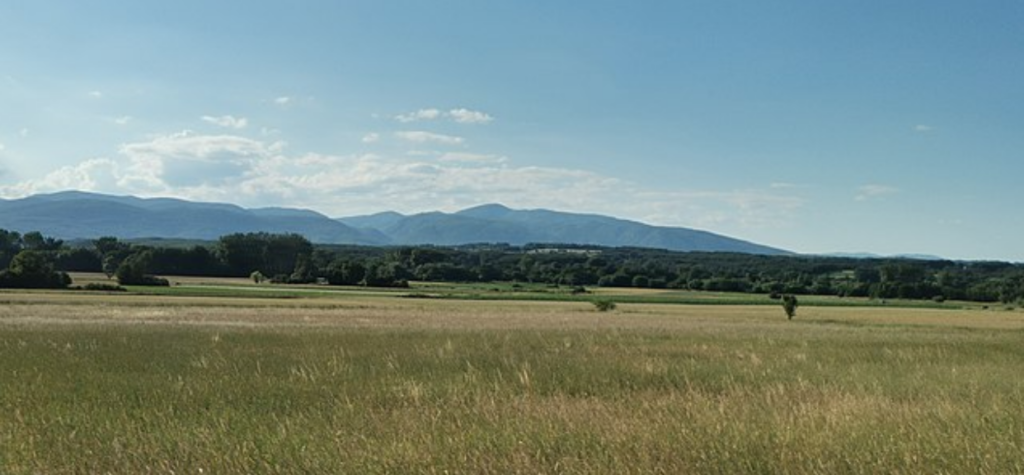
An ecologically responsible, regenerative approach to land management is at the center of Agrarian Trust’s effort to conserve and increase access to farmland across the United States. When a farmer signs on an Agrarian Commons lease, they agree to adhere to a high standard of ecological land management, and to respect specifically defined “Rights of Nature,” which are included explicitly in the lease. Listed here, the Rights of Nature in the Agrarian Commons lease include, but are not limited to:
Healing the Land Through Community Collaboration in the Southwest Virginia Agrarian Commons
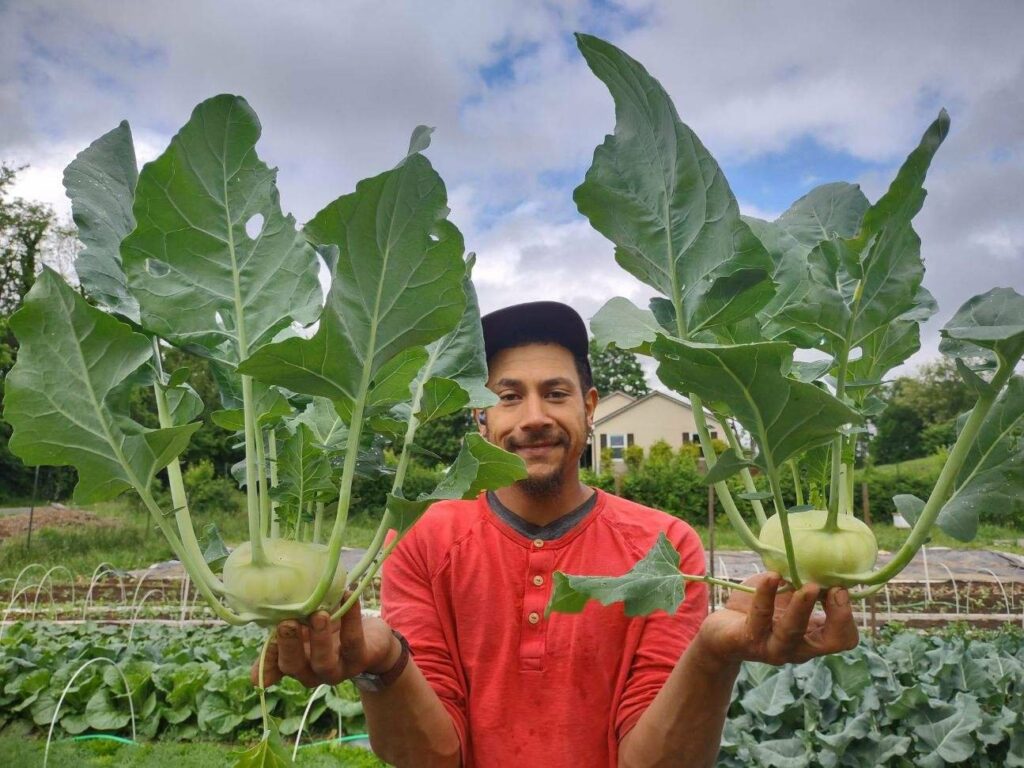
As the campaign to raise $426,250 to purchase Lick Run Farm gains momentum, the Harvest Collective, a Virginia-based collaborative farming group, is already hard at work preparing Lick Run for its new place in the Southwest Virginia Agrarian Commons. Along with Cam Terry, the head farmer at Garden Variety Harvests, the collective has been mowing grass, laying tarps, and completing small construction projects around the land.
Cultivating Resiliency in Roanoke, Virginia
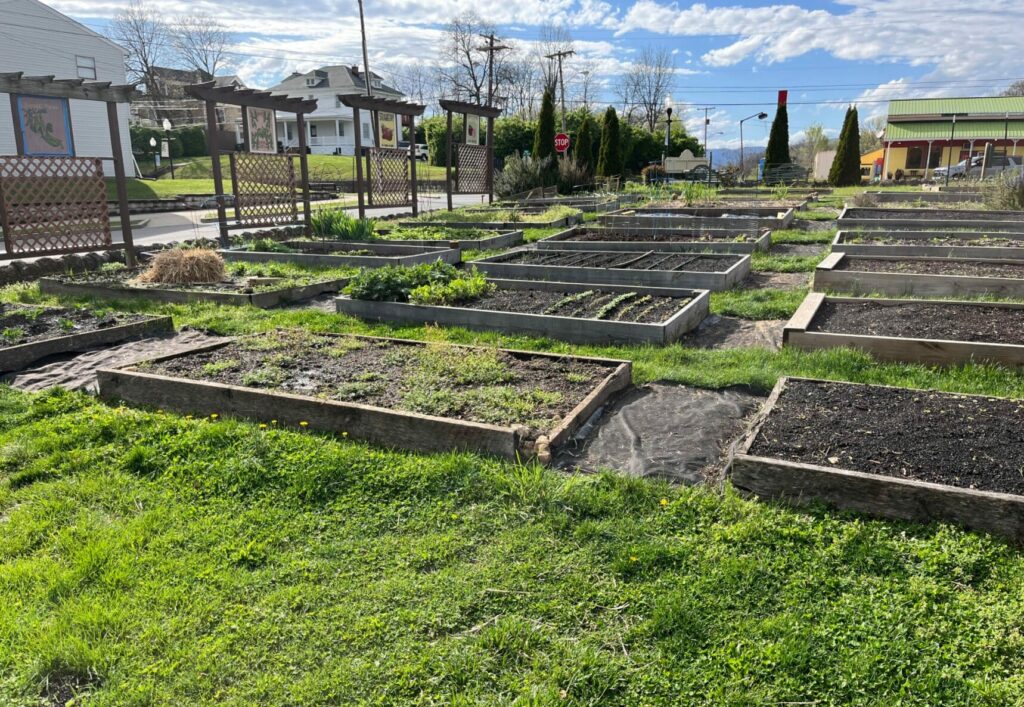
As a recipient of Roanoke City’s share of American Rescue Plan funding, LEAP is working to create a centralized food hub about a mile down the road from Lick Run Farm farm, where Cam plans to take his vision for growing food and building community to the next level. Once the funds are raised, the land will become the founding farm for the Southwest Virginia Agrarian Commons: a space where Cam can build soil, host workshops, and raise vegetables to be sold on-site as well as through LEAP’s new food hub.
Agrarian Trust featured in Catalytic Capital and Agriculture
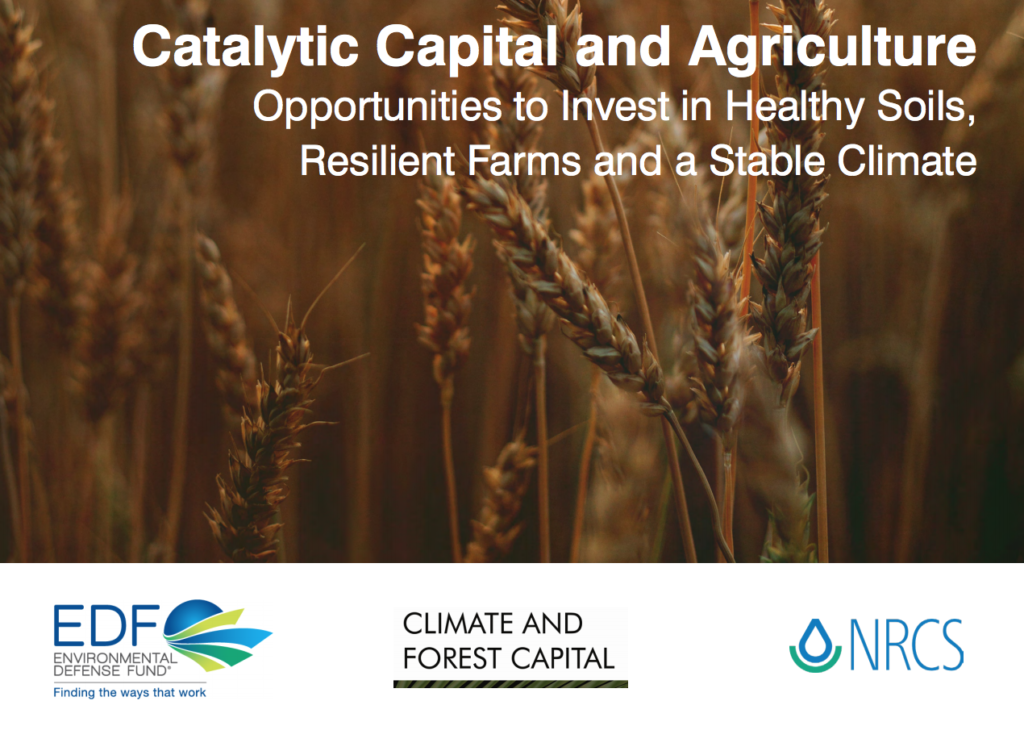
The team at Agrarian Trust is thrilled to see the Agrarian Commons model of community-held farmland featured in a new report on innovative models for agriculture. As the report’s authors explain, “Catalytic capital is traditionally defined as the use of blended finance tools to improve projects’ risk-return profiles to match the requirements of market rate […]
The Fault in Our Farming
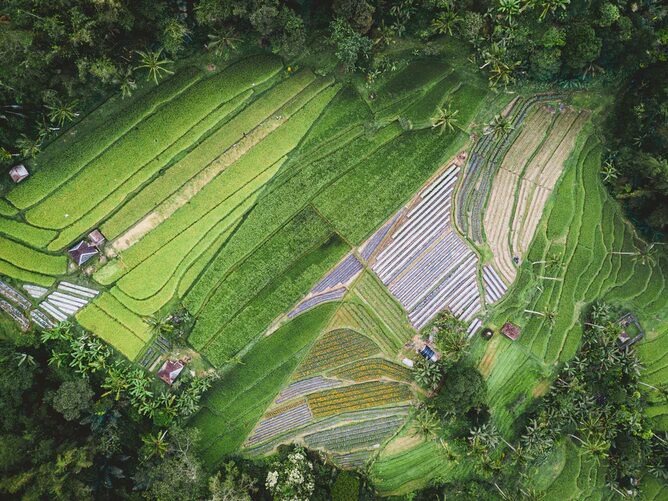
Humanity can no longer afford to ignore the myriad ways in which monoculture is unsustainable and dangerous. Widespread environmental sustainability is virtually impossible under the monoculture farming model. It seems as though we must look to the farmers and stewards of the past to protect public health into the foreseeable future.
Action & Commitment for Racial Equity

The recent uprisings are shaking the world. We are again at a tipping point that is a long time coming. Just as it always has, it will require not only weeks, months, or years of protest but decades and centuries of commitment to create a culture of equity and justice.
Agrarian Commons: A New Model for Community-Owned Farmland
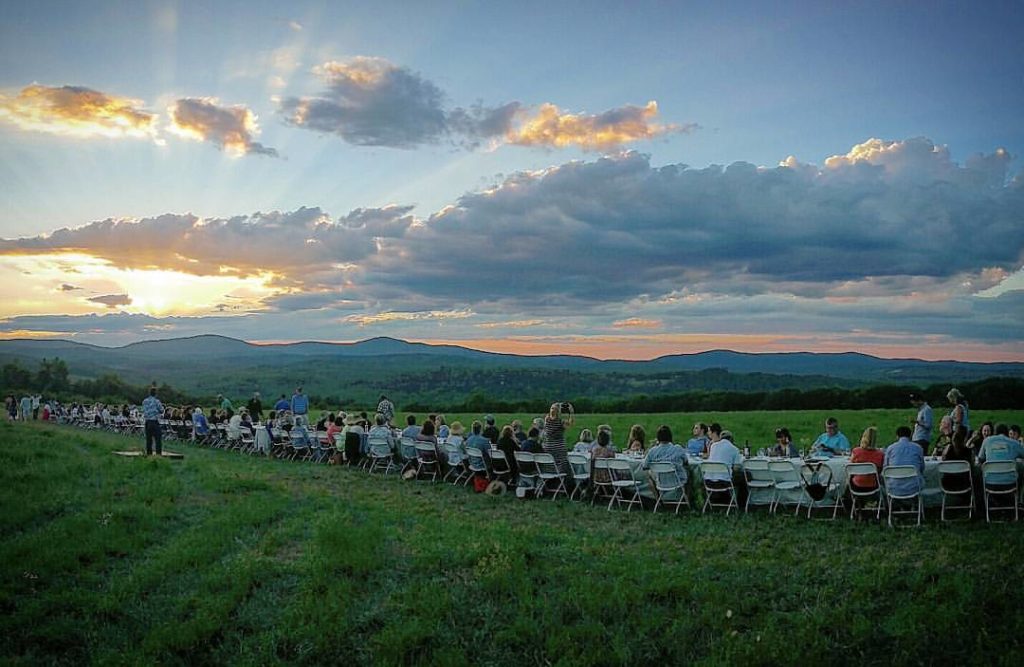
On May 4th, 2020, Agrarian Trust announced the launch of a transformative new model for community-based farm and ranch ownership and tenure, the Agrarian Commons. After several years of development and collaborative input, the Agrarian Commons launches in 10 states across the country. Co-founded with 12 farms representing 2,400 acres of diversified agriculture serving local foodsheds […]